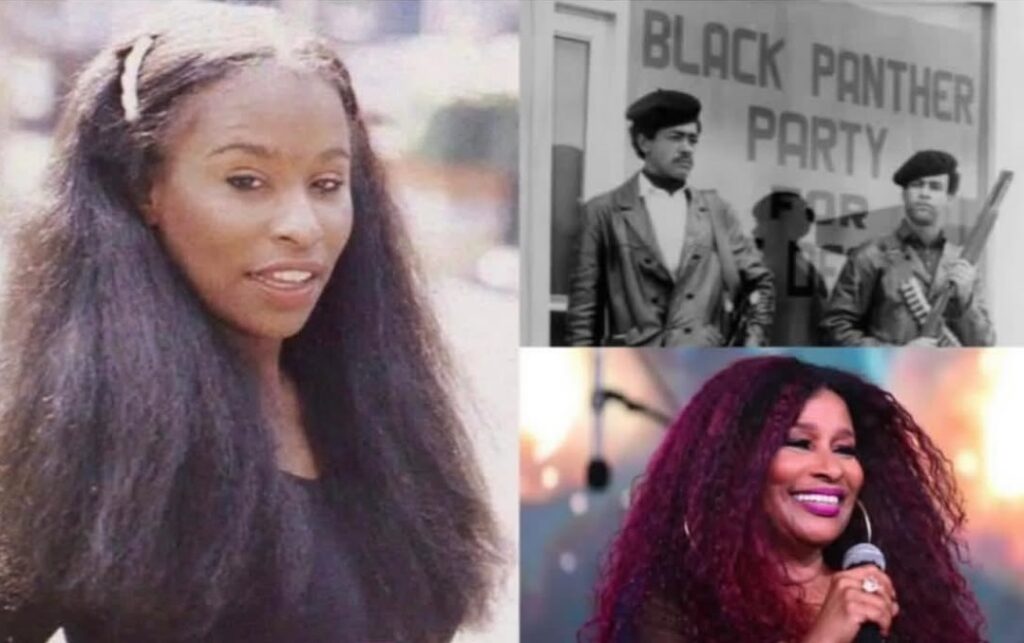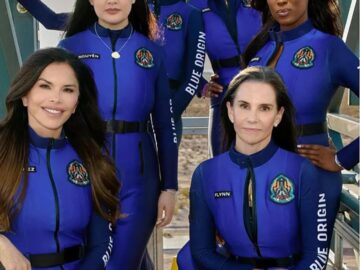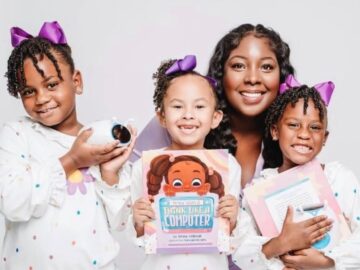
At just 16 years old, Yvette Stevens, who would later become iconic music legend Chaka Khan, joined the Black Panther Party (BPP) in the late 1960s. She became deeply involved in the movement’s community outreach programs, particularly in the fight for social justice and equality for African Americans. One of her key roles was selling the Black Panther newspaper, which aimed to inform the community about the BPP’s activities and revolutionary ideas.
Additionally, Stevens played a crucial part in the BPP’s Free Breakfast Program for Children, which was an initiative designed to provide free, nutritious meals to children in underserved neighborhoods. The program became one of the party’s most successful community projects, helping to feed thousands of children and fostering solidarity within poor Black communities. These actions were part of the larger set of social welfare programs initiated by the BPP, focusing on direct support for marginalized groups and addressing issues like hunger, education, and healthcare.
Chaka Khan’s involvement with the Black Panther Party in her youth shows her long-standing commitment to activism and community service, themes that she continues to reflect on in her music and public life. Though she became globally famous for her musical career, especially in the 1970s with hits like “I Feel for You” and “Ain’t Nobody”, Khan’s early experience in the Black Panther Party played an important role in shaping her worldview.
Her story highlights the multifaceted identity of artists who are not only shaped by the entertainment industry but also by their active participation in social justice movements. Her involvement with the Panthers is just one aspect of her commitment to civil rights and advocating for positive change, both in music and in life.



